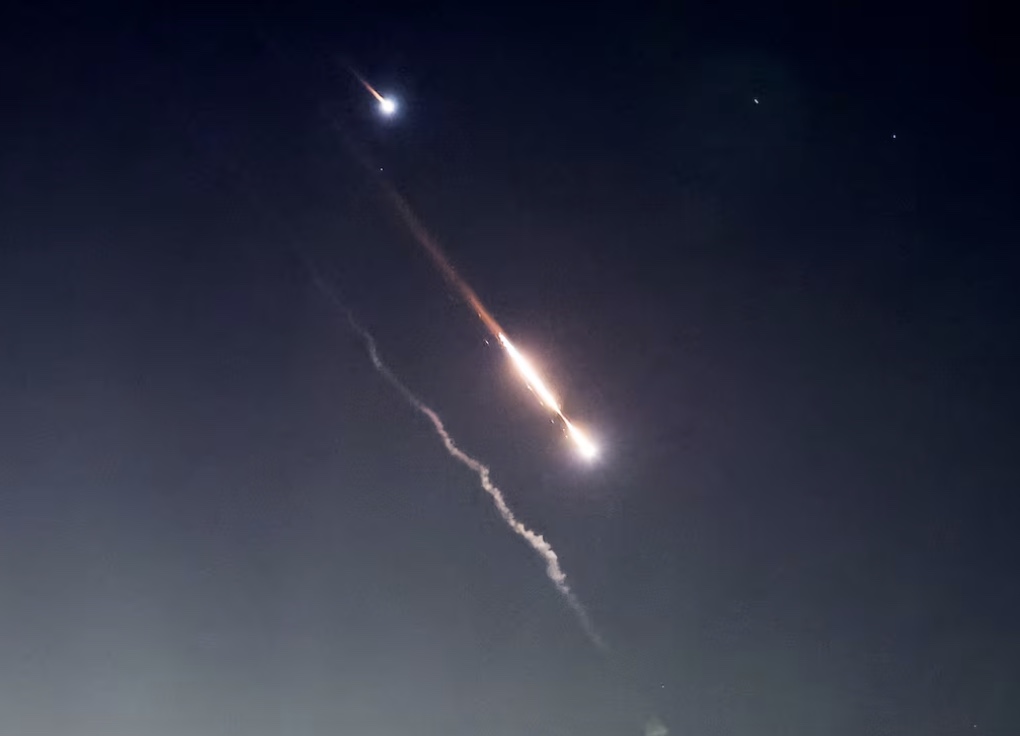A sort of tacit agreement between the parties. We launch the offensive, you get "a little angry", promising "revenge" but then everything goes back to how it was before, that is, we continue to fight each other by proxy. A solution that resets the clock of pride.
by Andrea Pinto
Yesterday a new war council in Tel Aviv, at the end of which the IDF spokesperson Daniel Hagari he said: «We will not extend military operations». Apart from little damage and a Bedouin girl who was slightly injured, the massive attack using drones and cruise missiles launched by Iran (around 370 bullets) did not cause significant damage. It was more than one Show of strength to avenge the Israeli attack on the consulate in Damascus where 14 diplomats and high-level generals of the Pasdaran special troops lost their lives.
US intelligence, in the press, had predicted the Iranian attack, trying to convince Tehran to desist. Impossible, the ayatollahs had to respond to the disgrace suffered in Damascus and calm popular sentiment increasingly closer to the intransigent positions of the Guardians of the Revolution, compared to the milder ones taken by the national parliament.
Confirmation of the imminent attack was given by Turkey which let the US know that the ayatollahs had decided to implement the revenge announced with the operation «Promise kept».
An announced operation, also declared in the identified objectives, purely of a military nature: a way of telling the perennial adversary that one is forced to respond to the attack on Damascus without, however, wanting to trigger a escalation real. A sort of tacit agreement between the parties. We launch the offensive, you get angry "a little", promising "vendetta" but then everything goes back to how it was before, that is, we continue to fight each other by proxy. A solution that resets the clock of pride. Tehran had done the same thing in Iraq when it had to launch some missiles on the American base, in response to the killing of the Iranian super general Qasem Soleimani. Even on that occasion everything had been organized well, so much so that the American soldiers and the foreign contingents present managed to take refuge calmly in the underground bunkers.
Returning to the < operation > three waves of drones (around 170) left for Israel, traveling slowly for 9 hours before entering enemy airspace. They were all intercepted over the skies of Iraq, Jordan and Syria and 99% were easily shot down. The same fate was reserved for the 30 Cruise missiles which took about two hours to travel just over 1000 km. Only 10 ballistic missiles (12 minutes of flight) managed to break through the dense Israeli missile defense network guaranteed by theIron Dome. The targets of the ballistic missiles, as widely announced, were the bases in the Negev desert and the Golan and not Tel Aviv where they could have caused more damage and above all deaths among civilians, triggering the inevitable IDF counteroffensive on Iranian territory.
Some international study centers claim that Iran used over 80 tons of explosives for a value of around one billion euros. Not bad for an economy suffering greatly due to American sanctions.
The reactions
Joe Biden invites Israel to consider the repelled attack a victory and to stop. Tel Aviv, however, is calling for new sanctions against the Iranians. The Israeli Defense Minister Yoav Gallant argues that a coalition must be formed against the global threat. Benny Gantz, who left the opposition to join the restricted war council, thundered: «We must exploit regional alliances, then Iran will pay the price in the ways and times that are most suitable for us".
Subscribe to our newsletter!
